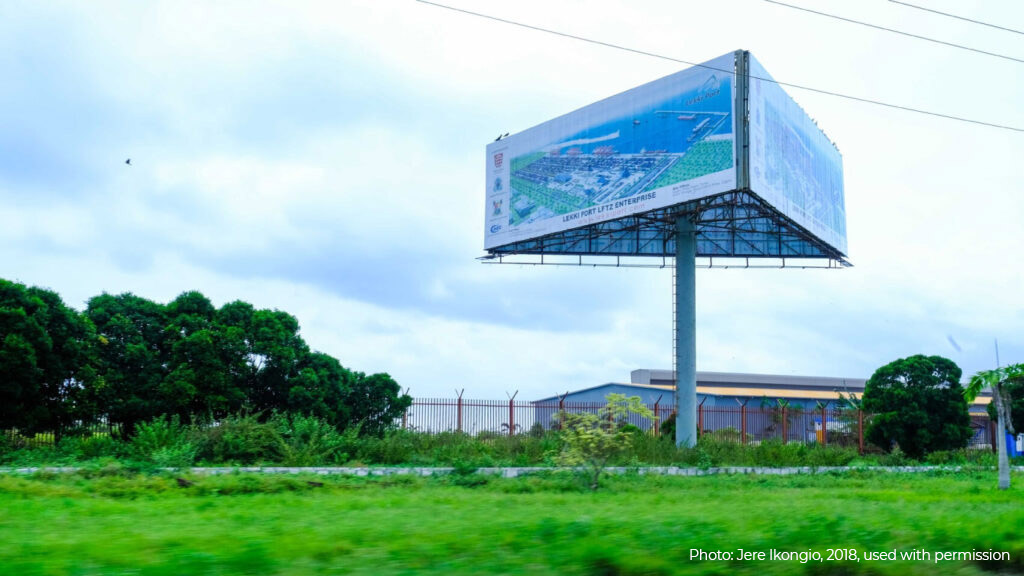
Employment & Labour
Assuring decent labour conditions in the zones for both migrant and local workers.
This type of ZSR encompasses three issue areas concerning employment and labour in SEZs and their factories:
Types of ZSR
The overall impacts of SEZs in generating employment have undeniably been positive, with many jobs created for workers, even if total numbers have fallen short of expectations. In many developing countries, youth un- or under-employment has been a major issue that the establishment of SEZs has addressed. This has particularly benefited those from poorer regions who have migrated for work in the zones, rather than local populations who are not preferred for factory work. Moreover, as the types of jobs created are not limited to manufacturing jobs, SEZs often generate various kinds of secondary employment, which include related work such as maintenance, cleaning, gardening and catering services.
However, recruitment procedures can be arbitrary and even discriminatory, sometimes occurring spontaneously at factory gates and prioritising migrants over locals or favouring members of a particular sex or ethnic group. Where recruitment is outsourced to labour brokers, the conditions under which workers are hired may vary considerably between those directly and indirectly contracted, as well as between those contracted by different agents. Pay can be modest relative to hours and conditions of work, even if foreign factories tend to pay as much as or more than locally available alternative sources of employment. While employment generation and, often, wages are appreciated by labourers, working conditions appear mostly poor, and labour relations are sometimes strained by abuse and exploitative work conditions. The emergence of a ‘dormitory labour regime’ in some SEZs also raises concerns about the exploitation specifically of migrant workers (see section on Migrant housing). Since employment conditions in SEZs may be disconnected from national norms, regulatory frameworks and the possibility of labour unionisation, with zones tend tooften operatinge as semi-autonomous territorial units, which may mean that the rights of those who work (as well as live) within them may become uncertain and unenforceable.

